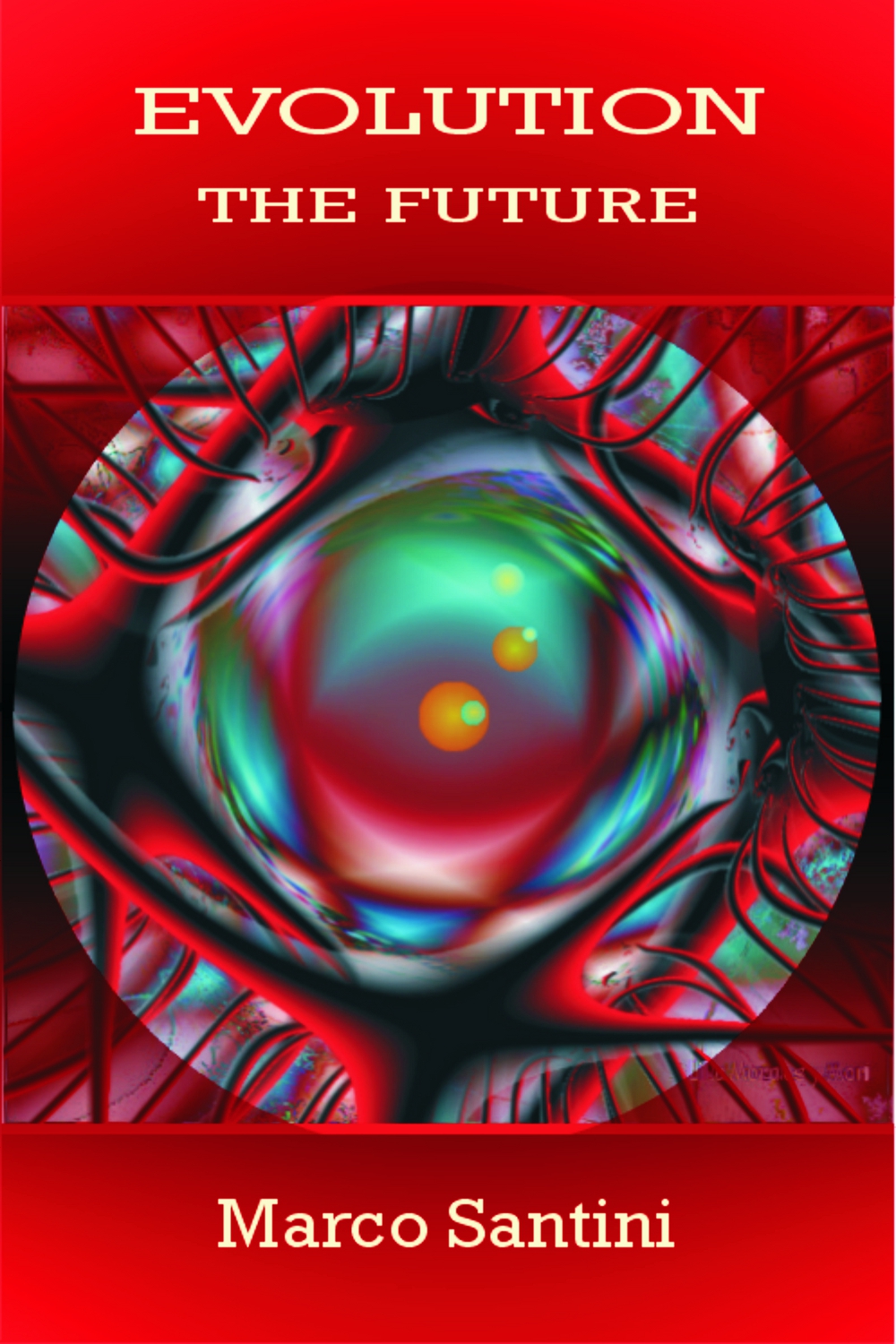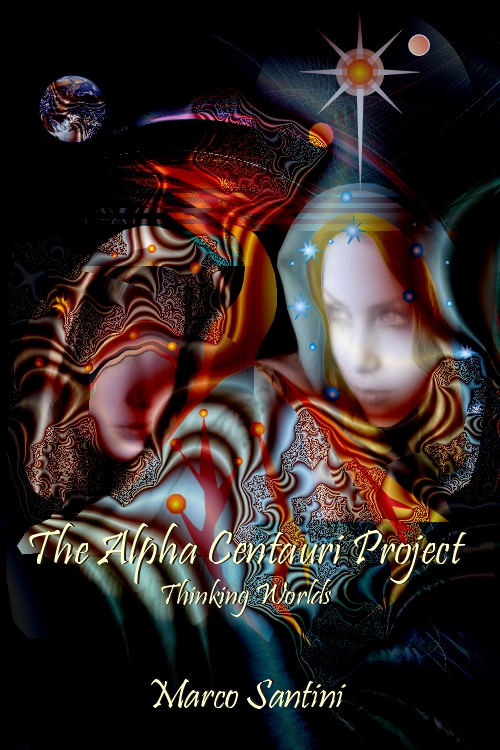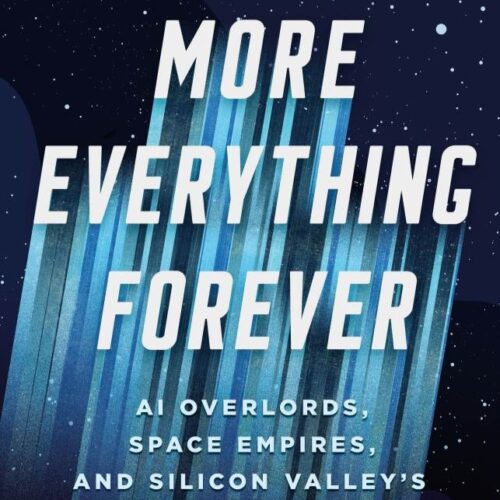Marco Santini on The Alpha Centauri Project: There Is A Lot Of Space For Rational Optimism
Socrates / Podcasts
Posted on: November 8, 2012 / Last Modified: June 23, 2024
Podcast: Play in new window | Download | Embed
Subscribe: RSS
 The first time that I looked at The Alpha Centauri Project by Marco Santini, I was struck by the book’s dedication:
The first time that I looked at The Alpha Centauri Project by Marco Santini, I was struck by the book’s dedication:
To he who explores new horizons,
because knowledge doesn’t have limits,
to he who tries new ways,
because dreams become reality,
to he who pursues brotherhood,
because peace is not a chimera.
Having read such an opening I knew that I have to talk to the author. So, when I decided to do a few interviews spotlighting good sci-fi authors, who don’t receive the attention they deserve, I naturally thought of Marco.
Santini – an Italian engineer and MBA holder by training, has already released two books – The Alpha Centauri Project and Evolution: The Future. What is interesting here is that Marco makes his books available for free to everyone interested. Furthermore, his novels have been translated into five languages and are available in a number of different formats.
Below you can watch my 20-minute conversation with Marco about his books and his views on science fiction, transhumanism, and giving your work away for free. My favorite thought that I will take away from Marco is this:
Pessimistic scenarios can always exist. But with rationality – optimistic ones can be created!
As always you can listen to or download the audio file above or scroll down and watch the video interview in full. To show your support you can write a review on iTunes, make a direct donation, or become a patron on Patreon.
Evolution: The Future
 According to future studies, the world will be dominated soon by disruptive technologies, able to plunge Mankind into an era of accelerated progress. Main outcomes will be the achievement of immortality, the creation of smarter than human Artificial Intelligence and the spread of the new species through the universe.
According to future studies, the world will be dominated soon by disruptive technologies, able to plunge Mankind into an era of accelerated progress. Main outcomes will be the achievement of immortality, the creation of smarter than human Artificial Intelligence and the spread of the new species through the universe.
“Evolution: the future” is a breathtaking story set in a near future altered almost beyond recognition by disruptive technologies.
24th century. Humans live on Earth and the Moon, last strongholds of their past power. Mars and the Net are inhabited by artificial intelligences and souls, these last obtained by digitizing the brain after death. The virtual reality allows the two races to communicate. Their differences are deep, their interests incompatible.
With digitization, humans have postponed real death to an indeterminate future, but they are not happy. Towards the virtual beings they feel admiration but also envy and inferiority.
The digital creatures instead cannot bear being relegated in worlds too small for their unbounded ambitions. Their Martian experience has allowed them to develop the competence necessary in extra-terrestrial environments, most of all to acquire the self-confidence indispensable for the colonization of other star systems.
The Alpha Centauri project obtains the humans’ support, in exchange for the waiver of any expansion on the Earth. Just before departure, Earth Security intercepts a suspect message from the Space Agency. Terrorism? The evidence leads to the Elects, a sect that entered Net fifty years before through a collective suicide…
Eve and Victoria, the main characters, are “souls”, digital beings whose brain was digitized after death. They move in a context of epoch making events, becoming more and more involved and finally merging their destiny with that of the digital people.

The Alpha Centauri Project: Thinking Worlds is a science fiction novel full of suspense and action, that becomes soon a fascinating travel into emerging technologies, disclosing future impacts on our civilization.
Imagine this: It is the 24th century. Three ethnic groups: humans, artificial intelligences and souls – obtained by digitizing the brain after death. Deep differences, incompatible interests. An interstellar voyage to avoid a war, a sect determined to interfere. Suspense, action, but also considered thoughts.
The main characters move in a context of epoch-making events, rising to leaders. Their world, alien at the beginning, becomes plausible from the continuous references to the present reality until it seems an inevitable evolution. From this, a powerful and disquieting comparison with our current civilization emerges; that stripping away layer after layer of conventions and prejudices leaves us at last face to face with the basic values and the fragility of a human being. In the novel, these same factors will give Mankind the strength to take courageous decisions for its own destiny. Meanwhile, artificial intelligence reveals itself as the means of evolutionary progress towards superior states of awareness and sharing.








